
Overview of Red Bull
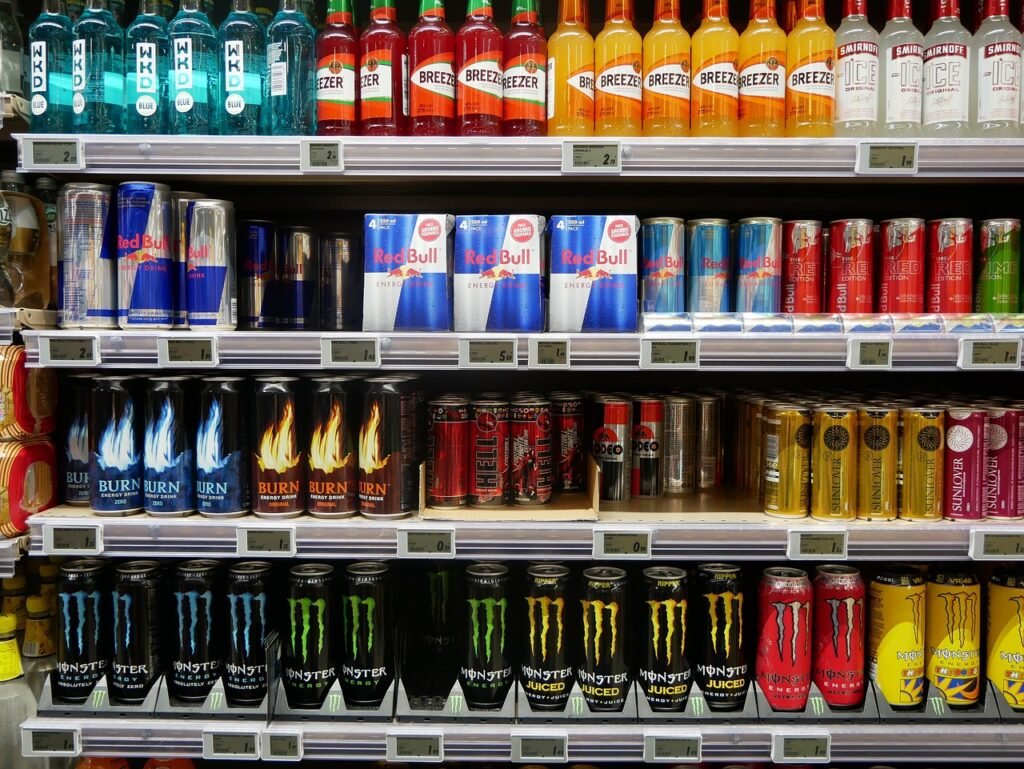
Red Bull is one of those drinks everyone seems to have an opinion on.
It’s pretty much everywhere—whether you’re cramming for exams, heading to the gym, or just trying to get through a hectic workday.
This energy drink has built a rep for giving people that quick burst of energy they need to keep going.
It’s kinda hard to miss with its unique taste and flashy cans.
But there’s a big debate about whether it’s actually good for you or not.
Some folks swear by it, saying it helps them stay alert and focused when they need it most.
Others are more skeptical, pointing out potential health risks and questioning if that energy boost is worth it.
So, what’s in this can that makes it so popular yet controversial?
First off, it’s packed with caffeine, which is what gives you that jolt of energy.
Then there’s taurine, an amino acid that’s often talked about in the context of energy and performance.
The drink also includes some B vitamins, which help with energy production and other bodily functions.
One thing that stands out is the sugar content. A small can of Red Bull has a pretty hefty amount of sugar—think about the same as a glass of apple juice.
This is why you feel that immediate rush after downing a can.
But, like with anything sugary, there’s a flip side to it. High sugar intake has its own set of issues, and that’s something worth keeping in mind.
Another big factor to consider is how people’s bodies react differently to these ingredients.
Some might handle caffeine and sugar just fine, while others could experience jitters, crashes, or even anxiety.
This makes it even more important to think about personal tolerance and moderation.
All in all, Red Bull is a go-to for a lot of people when they need a quick pick-me-up.
But, like with anything, it’s best to know what you’re getting into before making it a regular habit.
Composition of Red Bull
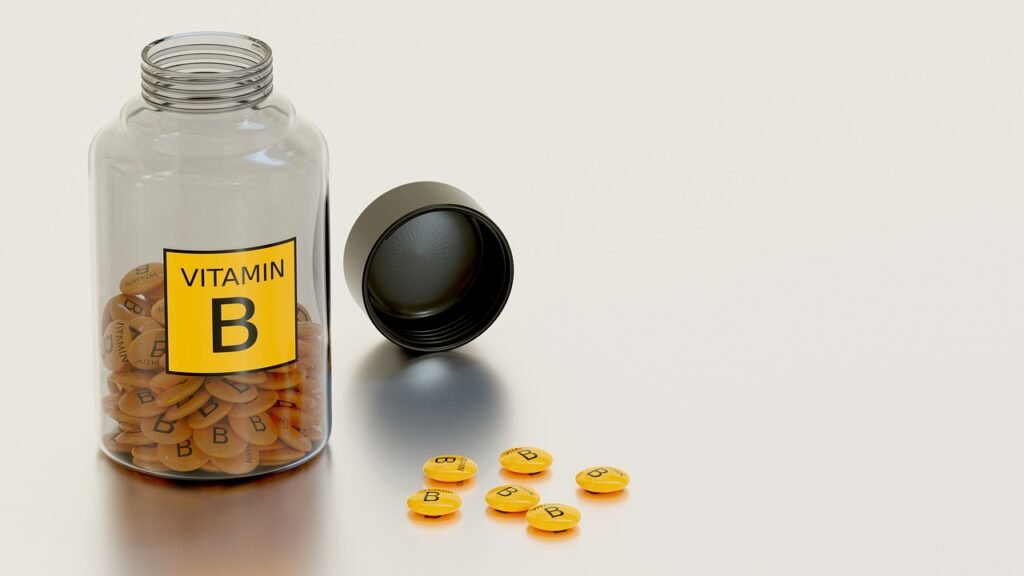
Red Bull’s formula includes several key ingredients known for their stimulating properties.
Among these, caffeine and taurine are the most notable.
Caffeine is well-known for its ability to enhance alertness and focus, while taurine is an amino acid that occurs naturally in the body and is also present in daily diets.
Nutritionally, Red Bull is high in sugar, with an 8.4 fl oz can containing 27 grams of sugar, which is similar to the sugar content found in an equivalent amount of apple juice.
Besides these, Red Bull also packs in some other ingredients that contribute to its unique flavor and function.
You’ll find glucose and sucrose, which are simple sugars that the body can quickly absorb for fast energy.
There’s also citric acid, which adds a bit of tanginess to the drink.
B-group vitamins like niacin, pantothenic acid, B6, and B12 help with energy production and various metabolic functions in the body.
Taurine in Red Bull is often a topic of discussion.
It’s an amino acid that’s naturally found in the body and in food, but its role in energy drinks is to support physical and mental performance.
Caffeine is probably the ingredient everyone knows about, providing that quick mental and physical pick-me-up.
But remember, too much caffeine can lead to jitters or even more serious health issues if consumed in excess.
The blend of ingredients is designed to give you that quick boost of energy, but it’s always important to be aware of how much you’re consuming.
The combination of caffeine, sugar, and other elements can be a bit much if you’re not careful.
Effects of Caffeine on Health
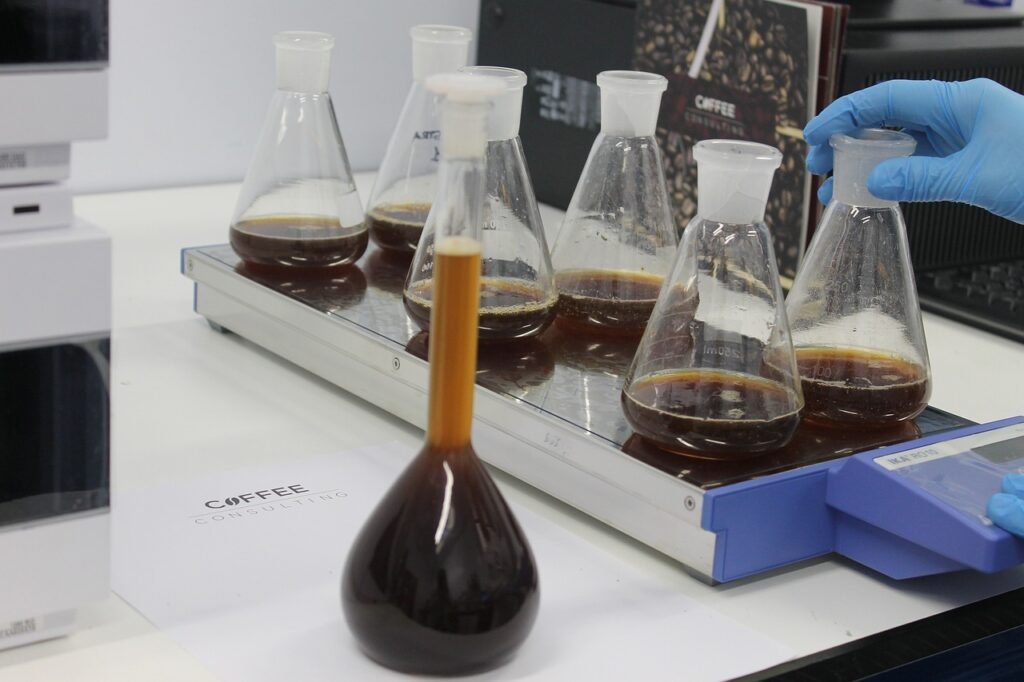
Caffeine in Red Bull is the big player when it comes to giving that kick of energy.
It helps wake you up and makes you feel more alert. Think of it as a quick brain boost.
But here’s the thing, caffeine doesn’t just affect your mind.
It also has an impact on your body. For starters, it can spike your heart rate and blood pressure, which isn’t great if you have heart issues.
Overdoing caffeine can lead to some unwanted side effects, like feeling jittery or anxious.
Nobody wants to feel like their heart is racing or their hands are shaking just because they had a drink.
Also, it’s easy to become dependent on caffeine.
If you suddenly stop, withdrawal symptoms like headaches and irritability can hit hard.
Long-term, too much caffeine can mess with your sleep.
Drinking Red Bull late in the day might make it harder to fall asleep or stay asleep, leaving you tired the next day.
This can turn into a vicious cycle where you need more caffeine to stay awake, which just keeps messing with your sleep.
Everyone’s tolerance to caffeine is different.
Some folks can handle a lot, while others feel the effects more strongly.
It’s important to know your own limits and be mindful of how much you’re consuming.
If you’re already drinking coffee or other caffeinated drinks, adding Red Bull to the mix can quickly add up.
In moderation, caffeine can be a useful tool for staying alert and focused.
But when you start consuming too much, it can lead to health problems that aren’t worth that temporary boost.
Balancing your intake and knowing how your body reacts is key to enjoying the benefits without suffering the downsides.
Concerns Regarding Sugar Content

The sugar in Red Bull is one of the big talking points when it comes to this energy drink.
A single 8.4 fl oz can packs in 27 grams of sugar, which is like drinking a glass of apple juice.
That’s quite a bit, especially if you’re watching your sugar intake.
While that sugar gives you a quick energy rush, it also comes with its own set of problems.
For starters, all that sugar can lead to weight gain if you’re not burning off those extra calories.
Just like eating candy bars or drinking sodas, having too much sugar can mess with your body’s ability to regulate its own energy levels.
Over time, this can lead to issues like obesity or even type 2 diabetes.
So, if you’re grabbing a can of Red Bull every day, that’s something to think about.
Another issue is tooth decay.
High sugar content can be a playground for bacteria in your mouth, which can lead to cavities and other dental problems.
If you’re not careful about brushing and flossing after drinking something sugary like Red Bull, you could be setting yourself up for some not-so-fun dentist visits.
Then there’s the fact that sugar can give you a quick high followed by a pretty hard crash.
You might feel super energized for a little while, but once your body burns through that sugar, you’re likely to feel even more tired than before.
It’s a bit of a rollercoaster for your energy levels, which isn’t great if you need steady focus and alertness throughout the day.
Finally, let’s not forget how sugar can mess with your mood.
High sugar intake can lead to mood swings, making you feel irritable or down once that initial sugar rush wears off.
If you already have issues with anxiety or stress, this can just make things worse.
So while the occasional can of Red Bull might be okay, relying on it regularly could bring more downsides than upsides.
Mental Health Impacts

Caffeine and sugar, the two main players in Red Bull, can definitely mess with your mental health.
If you’re someone who deals with anxiety, Red Bull might not be your best friend.
The caffeine can ramp up your anxiety levels, making you feel more jittery and on edge.
And that sugar rush? It might make you feel great for a bit, but when it crashes, so can your mood.
Ever noticed how sometimes after drinking something sugary, you feel a bit off?
That’s because sugar can cause mood swings.
One minute you’re on top of the world, the next you’re feeling down.
Not exactly the kind of rollercoaster anyone wants to be on, especially if you’ve got a busy day ahead.
Sleep is another biggie.
Drink a can of Red Bull too late in the day and you might find yourself staring at the ceiling when you should be catching Z’s.
Poor sleep doesn’t just make you tired; it messes with your overall mood and stress levels.
Lack of sleep can make it harder to cope with daily stress, turning little things into big deals.
When it comes to concentration, too much caffeine can actually backfire.
While a little might help you focus, overdoing it can make it harder to concentrate, leaving you feeling scatterbrained.
And if you’re already feeling stressed out, piling on more caffeine can just add fuel to the fire.
Then there’s the issue of dependence.
Relying on Red Bull for that daily boost can lead to a bit of a cycle.
You drink it to wake up, but then you need more to stay awake, and before you know it, you’re stuck in a loop.
If you ever try to cut back, you might face withdrawal symptoms like headaches and irritability, which aren’t fun for anyone.
In short, while Red Bull can give you a quick pick-me-up, it’s important to consider how it might be affecting your mental health.
Balancing it out and knowing when to say no can make all the difference.
Energy Boosts and Subsequent Crashes

Red Bull is super popular for giving that quick energy kick.
Whether you’re pulling an all-nighter or need a boost before a workout, it’s often the go-to.
The mix of caffeine and sugar gives you an immediate jolt, making you feel more awake and ready to tackle whatever’s in front of you.
But, here’s the catch—what goes up must come down.
That initial burst of energy can be followed by a crash that leaves you feeling more tired than before.
When you down a can of Red Bull, the caffeine kicks in first.
You get that sharp mental focus and feel less sleepy.
It’s like a quick wake-up call for your brain. Right after, the sugar hits your bloodstream, providing an extra layer of energy.
It’s why Red Bull is so effective at giving that instant lift.
However, the body metabolizes caffeine and sugar pretty quickly. Once the effects start wearing off, you might experience what’s commonly known as a “crash.”
This is when the fatigue and sluggishness set in, making you feel like you need another energy boost just to get back to normal.
It’s a bit of a rollercoaster ride—first, you’re at the peak, and then you plummet.
This crash happens because your body goes through a rapid rise and fall in blood sugar levels.
After the initial high, your blood sugar levels drop, leaving you feeling drained.
And if you’re consuming Red Bull regularly, these highs and lows can make it tough to maintain consistent energy levels throughout the day.
Caffeine dependence can also play a role in this.
The more you rely on it, the more you might find yourself needing just one more can to get through the day.
This can set up a cycle where you’re constantly chasing that next energy hit, making the crashes even more noticeable.
So, while Red Bull can be a lifesaver in the short term, it’s worth being aware of the inevitable crash that can follow.
Balancing your intake can help manage those peaks and valleys in your energy levels, so you’re not left feeling wiped out after the initial boost wears off.
Research and Study Insights
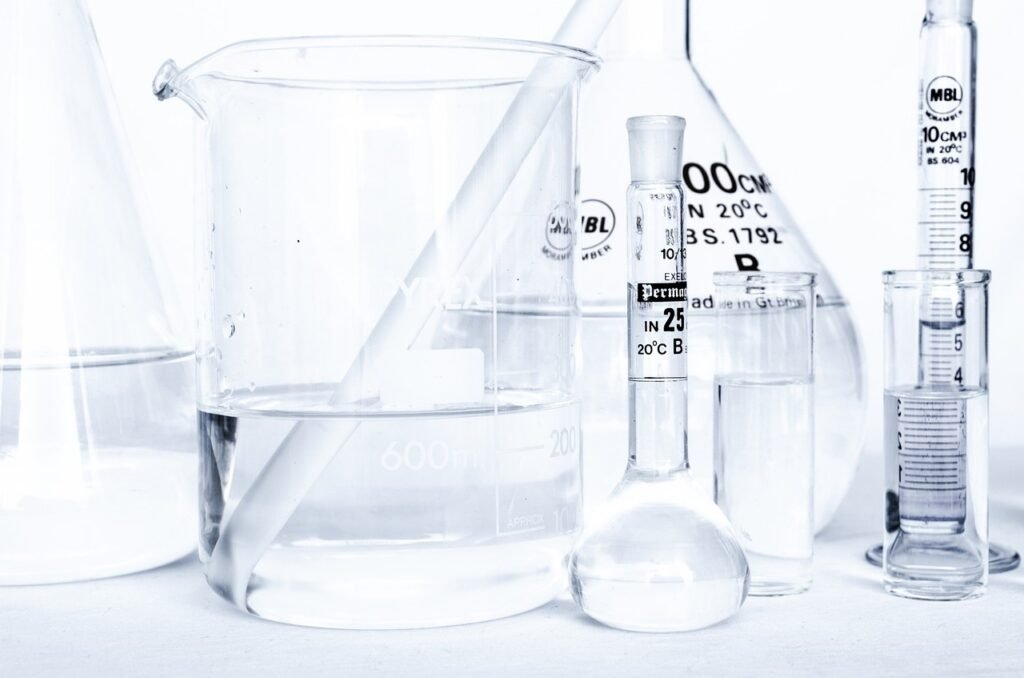
Studies on Red Bull and other energy drinks show a mix of good and bad news.
Some research says the caffeine and other ingredients can help boost your brainpower and energy levels.
That’s why so many people grab a can when they need a quick pick-me-up.
But it’s not all sunshine and rainbows. Other studies warn about the downsides, especially if you drink too much.
One of the biggest concerns is the high caffeine and sugar content.
Too much caffeine can mess with your heart rate and sleep, and too much sugar can lead to weight gain and other health issues.
Some health pros say that having an energy drink now and then is okay, but chugging them all the time could be risky.
Then there’s the issue of how different people react to these drinks.
Not everyone handles caffeine and sugar the same way.
Some might be fine, while others could feel jittery, anxious, or have trouble sleeping.
That’s why it’s important to know your own limits and listen to your body.
Moderation is the name of the game here.
If you’re healthy and just need a boost every once in a while, a Red Bull probably won’t do much harm.
But if you’re relying on it daily, it might be time to rethink your habits. Balancing your energy sources and not overdoing it is key.
Conclusion: Assessing the Impact of Red Bull
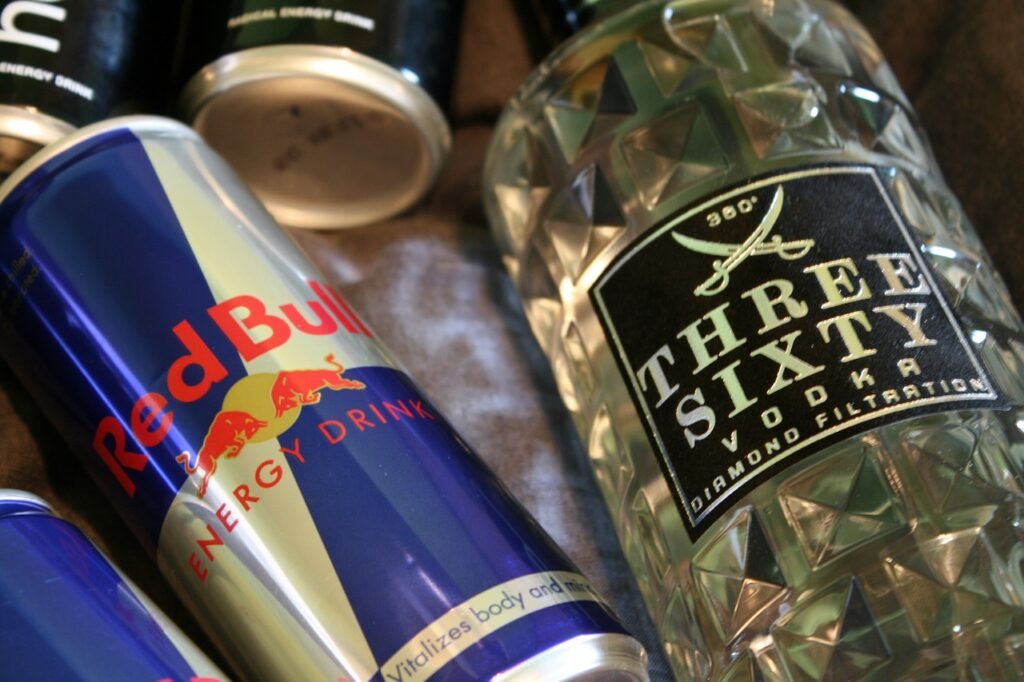
So, Red Bull—good or bad? It really comes down to how much and how often it’s being consumed.
This energy drink has its perks, like a quick energy boost when you’re dragging. But, there are definitely some downsides to consider too.
First off, the high caffeine and sugar content is a biggie.
Caffeine can give you that jolt you need, but overdo it and you’re looking at potential heart palpitations, increased anxiety, and messed-up sleep.
And sugar? Sure, it gives you an energy lift, but it’s also linked to weight gain and other health issues if you’re not careful.
This can make you wonder if the temporary benefits are worth the long-term risks.
Then there’s the crash.
That spike in energy is usually followed by a pretty rough drop, leaving you more tired than before.
It’s like being on an energy rollercoaster that can mess with your productivity and overall mood.
For some, this might mean grabbing another can, which only adds to the cycle.
Everyone’s body reacts differently.
Some folks can handle a can or two without breaking a sweat, while others might feel jittery or anxious.
Knowing your limits is super important.
If you’re already consuming other caffeinated beverages like coffee or tea, adding Red Bull into the mix can quickly add up.
Moderation is key here.
The occasional Red Bull probably won’t do much harm.
It’s those who make it a daily habit that might want to rethink things.
Balancing out your energy sources and not relying solely on energy drinks is the smarter way to go.
In short, Red Bull can be both a friend and a foe. Use it wisely, be mindful of how your body reacts, and don’t overdo it.
That way, you can enjoy the perks without suffering too many of the downsides.
